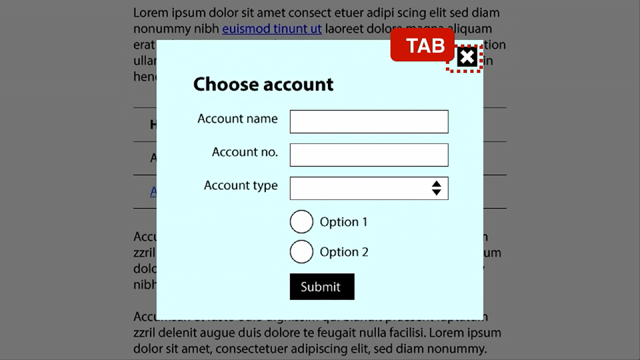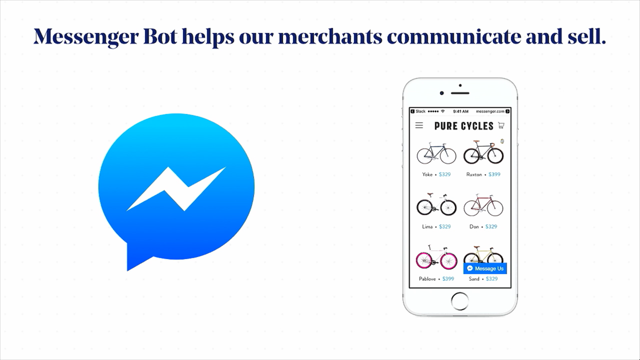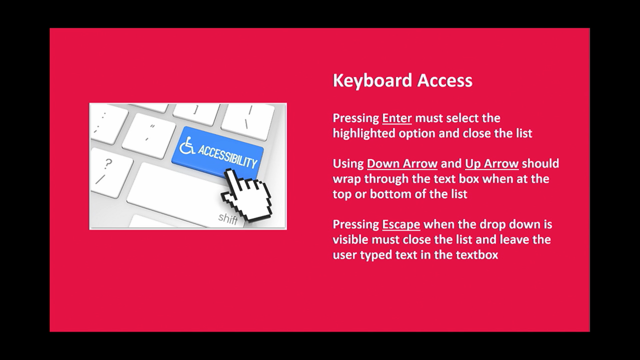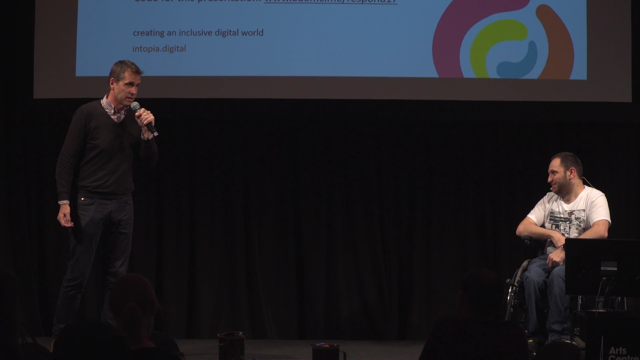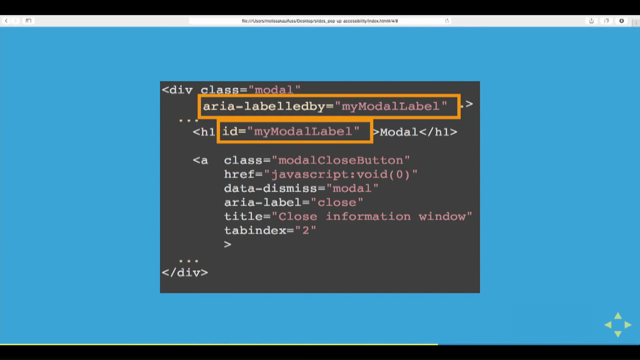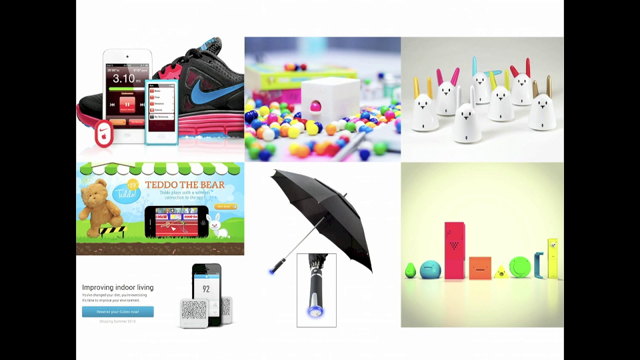Accessibility Has Failed: Try Generative UI = Individualized UX
March 4, 2024
I’ll start with a disclaimer–this is not a view I endorse (largely due to the criticisms of actual experts in accessibility). So why publish a link to it? Well Nielsen is a renowned expert in the field of usability. His voice carries weight in his field and beyond. I’ve seen this crop up on all sort of social feeds. So others will too.
There are some excellent critiques of the piece that I quote below, but first here’s Nielsen’s summary of his thesis.
Summary: Traditional methods for accessibility have been tried for 30 years without substantially improving computer usability for disabled users. It’s time for a change, and AI will soon come to the rescue with the ability to generate a different user interface for every user, optimized for that person’s unique needs.
Source: Accessibility Has Failed: Try Generative UI = Individualized UX
This reminds me of the famous ??? step in theme about how to make a profit that first surfaced a couple of decades back and made famous on SouthPark.
“[T]he ability to generate a different user interface for every user”. The what now? How it will do this magical thing is left as an exercise for the reader.

Per Axbom counters that perhaps Nielsen look at the field in which he is an expert, before focusing his attention to a field in which he isn’t
First I would like to note that in the opening sentence accessibility could just as well have been replaced by usability or UX. You see, Nielsen uses it to make a point – based on his own observation – about how the fact that it can still be difficult to use computers is proof for a lack of improvement in accessibility across the board.
…
Rather than provide more foundation for the idea that accessibility has failed “miserably”, Jakob Nielsen moves on to share his own opinions as to why this supposed failure has been unavoidable.
He offers no more than two reasons:
- Accessibility is too expensive as the undertaking of addressing all types of different disabilities is too much work, and
- Accessibility is doomed to create a substandard user experience, no matter how much a company invests.
Allow me to translate:
On Nielsen’s ideas about generative UI for resolving accessibility
- In the first ‘reason’, the gist is that because we can’t solve every issue there is no use solving any issue. It’s just not worth paying the money for it.
- In the second ‘reason’, Nielsen gets away with claiming an always-true substandard user experience without really having to explain what that means. He alludes to a very specific 1-dimensional linear experience of blind users as being too limiting, with a clear disregard for how blind users navigate the web on touch screens. Ironically, he claimed in 2003 that blind users “think linearly“.
Hidde de Vries thinks about why generative AI specifically may not be well equipped to provide personalised solutions to accessibility.
Companies are rushing to add generated AI capabilities to their products. Some promise to produce front-end components for you. Is that even possible, given the nature of accessibility and the nature of generative AI? And is it desirable?
The short answer is no, to both questions. The risk: that our rush to technlogical solutions comes at the expense of users.
To find out why, let’s consider: how is the process of building an accessible component different between humans and machines? And what are the ethics of our tendency to reach for technological solutions?
“AI” and accessible front-end components: is the nuance generatable?
Together along with other great, thoughtful pieces and observations by Eric Bailey
Thinking AI will “solve” accessibility is a bad frame stemming from a technoableist mindset.
The industry seems to me hoping for a magic, binary solution (…) Personally, I’d look to the social model of disability for guidance here: what exactly are we looking to “fix” and why?
and “No, ‘AI’ Will Not Fix Accessibility” from Adrian Roselli more than 6 months ago
Accessibility is about people. It is not a strictly technical problem to be solved with code. It is not the approximation of human-like ramblings produced by the complex algorithms generally branded as “AI”.
these provide a nuanced and important response to the sort of naive utopian approach even very experienced technologists like Nielsen can fall into (it’s not just AI, this is a much deeper and more persistent category mistake technologists make that technology is the solution of all that ails use from democracy to food shortages).


